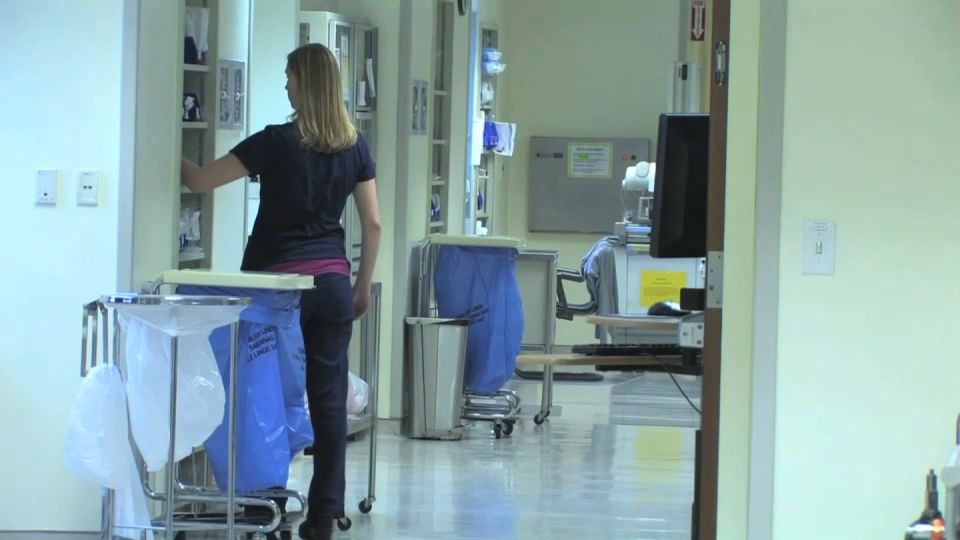AUSTIN, Texas — Approximately 2,0000 registered nurses at three Ascension hospitals are partaking in historic one-day strikes in Wichita, Kansas, and Austin, Texas, on June 27.
According to the union that represents them, nurses at Ascension Seton Medical Center Austin as well as at Ascension Via Christi St. Francis and Ascension Via Christi St. Joseph hospitals in Wichita are protesting management’s resistance to bargain for union contracts for the nurses that would address a staffing crisis.
These strikes mark the largest nurse strikes in both Texas and Kansas. Nurses were informed on June 16 that they would face an additional three-day lockout following their June 27 strike.
“Management’s retaliatory threats are despicable, but union nurses won’t give up on our fight for our patients,” said Kris Fuentes, a registered nurse in the neonatal intensive care unit at Ascension Seton Medical Center in Austin. “Ascension’s dangerous staffing practices disrupt our ability to provide quality care and put our patients at risk every day. This is a clear sign Ascension would rather use its vast resources to delay improvement than to invest in the care our patients and our communities deserve with appropriate staffing.”
Ascension Seton Medical Center Austin on June 16 issued a statement calling the strikes disappointing and saying they will create hardships.
"We are disappointed that NNU has made the decision to proceed with a one-day strike, especially given the economic and logistical hardship this will present for our associates and their families, and the questions and concerns this action may cause our patients and their loved ones," the statement reads in part. "Patient safety is our top priority, and ASMCA is well prepared to remain open and care for our patients during this work stoppage event. We have a comprehensive contingency plan in place to ensure there is no disruption in care or service for those we are privileged to serve."
The strike in Austin began June 27 at 6:45 a.m. and runs through June 28 at 6:45 a.m. The strikes in Wichita began at 7 a.m. on Tuesday and run through Wednesday at 7 a.m. There will be a heat break at from 1 p.m. until 4 p.m., given the scorching temperatures.
National Nurses United said the strikes follow Ascension’s continued dissolution of contract negotiations with registered nurses, including proposals that would enforce safe staffing and improve nurse retention and recruitment.
“Ascension management is short-changing its nurses and its patients,” Nichlous Whitehead, an RN in the surgery unit at St. Francis Hospital, said of the hospital chain, which does not pay federal taxes because of its nonprofit status. “While Ascension claims to provide ‘spiritually-centered holistic care,’ nurses’ experiences reflect the reality of Ascension’s hypocrisy. Union nurses are striking to enforce, through safe staffing protections in our contracts, Ascension's own mission to ‘sustain and improve the health of individuals and communities.’”
Nurses are complaining of chronic staffing shortages, making it difficult to provide quality care to patients, as well as “a revolving door of new graduates getting hired, receiving their hands on-training at ASMCA, and then leaving the hospital.”
“Nurses are patient advocates at the bedside and, when we need to be, on the strike line,” said Carol Samsel, an RN in the intensive care unit at St. Joseph Hospital. “Union nurses are ready to stand united against these conditions, which are driving away both veteran nurses, whom we need to ensure the highest standards of care, and new graduates, who are necessary for the sustainability of our profession.”
Data from the Bureau of Labor Statistics and the National Council of State Boards of Nursing show that there is not actually a shortage of nurses in Texas and Kansas nor the rest of the country. In fact, there are nearly 128,000 registered nurses in Texas with active licenses who are choosing not to work, and 20,000 in Kansas.



